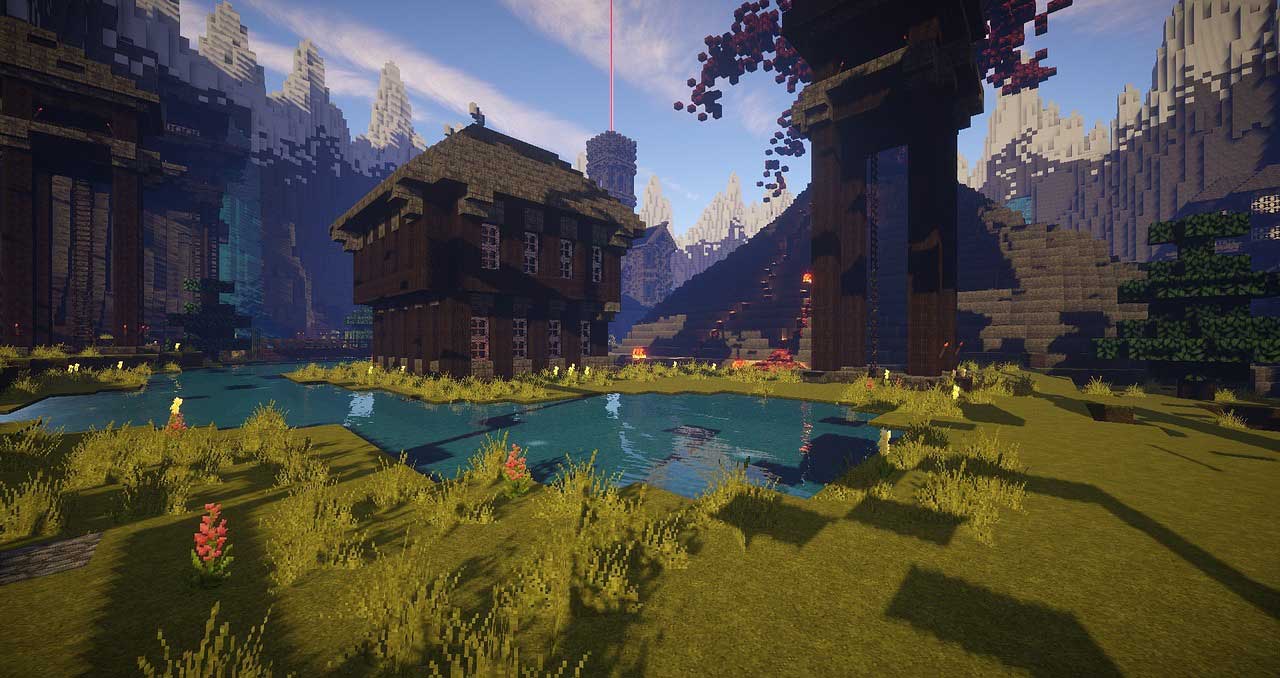Gamification in the educational world is the use of games to turn learning new things into a playful and fun activity for kids and teens. The games and challenges proposed in Codelearn’s online platform, which are based in the adventures of our original characters, have been designed in order to live programming and robotics learning up.
Games are something that both kids and adults can enjoy, but it is specially related to childhood. Kids have a special interest in games, so game-based learning improves their levels of fun and motivation while learning and thus kids start dedicating much more time and attention than they would do in a conventional class. That is why Codelearn supports autonomous learning through games: students keep progressing by following the instructions of every exercise, so the teacher does not give them a master class but he is a guide that helps them in their learning path and solve their specific doubts every time they need it.
Furthermore, thanks to game-based learning students can assimilate new knowledge progressively along Codelearn’s adventures, the same way it happens when we play a video-game and have to overcome its difficulty levels. If students complete an exercise successfully, they can keep moving forward, but in case they don’t assimilate what the exercise seeks to teach them, they will have to repeat it until they understand it and can jump to the next level.
This way students keep motivated to move forward and at the same time we can be sure that they have understood and internalise everything they have learned so far. Actually, this motivation is indeed the main tool that favour the acquisition of new knowledge, as learning is easier when students are fully attentive and concentrated in just one thing, something that happens when they are playing and having fun trying to reach a goal.
Another advantage of gamification and specifically the use of Codelearn platform is that, although every student can learn individually at his own pace, this game format allows us to create different team competitions that encourage our students to work together and develop some essential social skills such as teamwork. Last year we created the Codeathlon, a programming and robotics league for students until 18 years where students form clans and try to finish as the winner team.
Finally, gamification helps us to develop computational thinking because it forces us to apply logics and teach us to solve problems and overcome challenges. Inevitably, this leads the student to a better academic performance, as students gets faster relating concepts and acquiring new knowledge.
FURTHER READINGS
— Read more about gamification design in this article by Toptal

